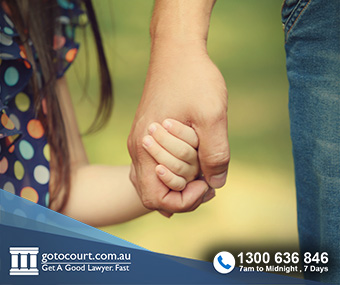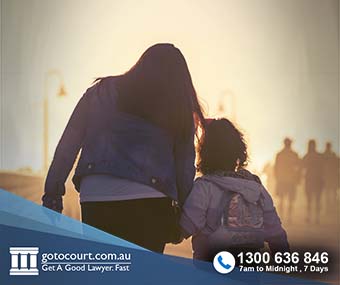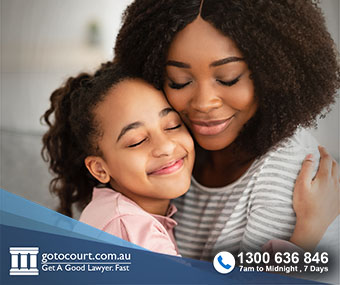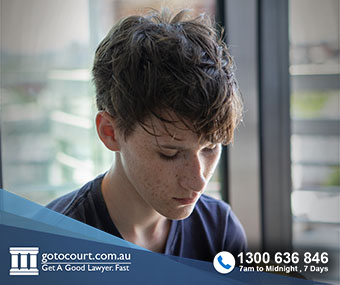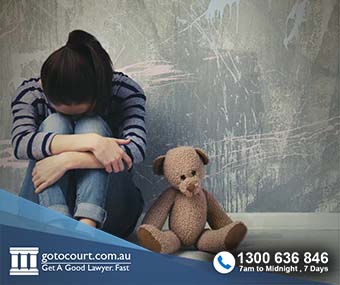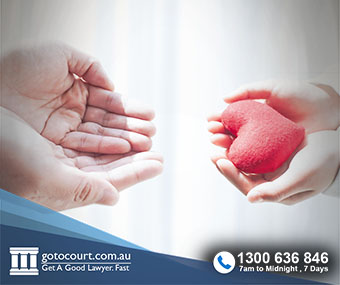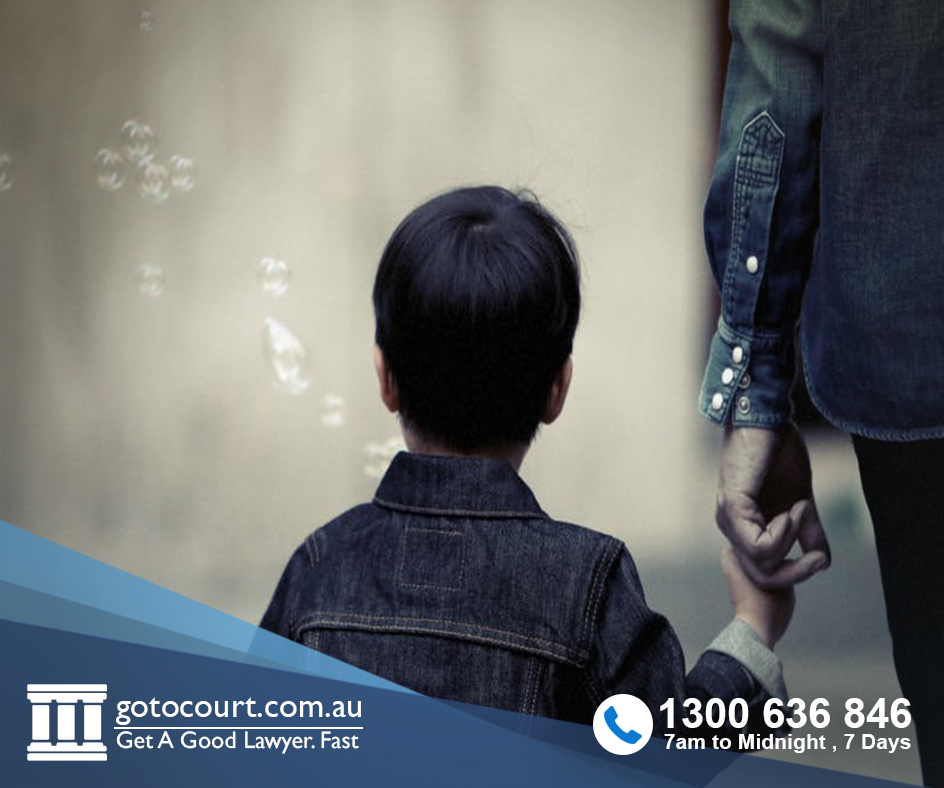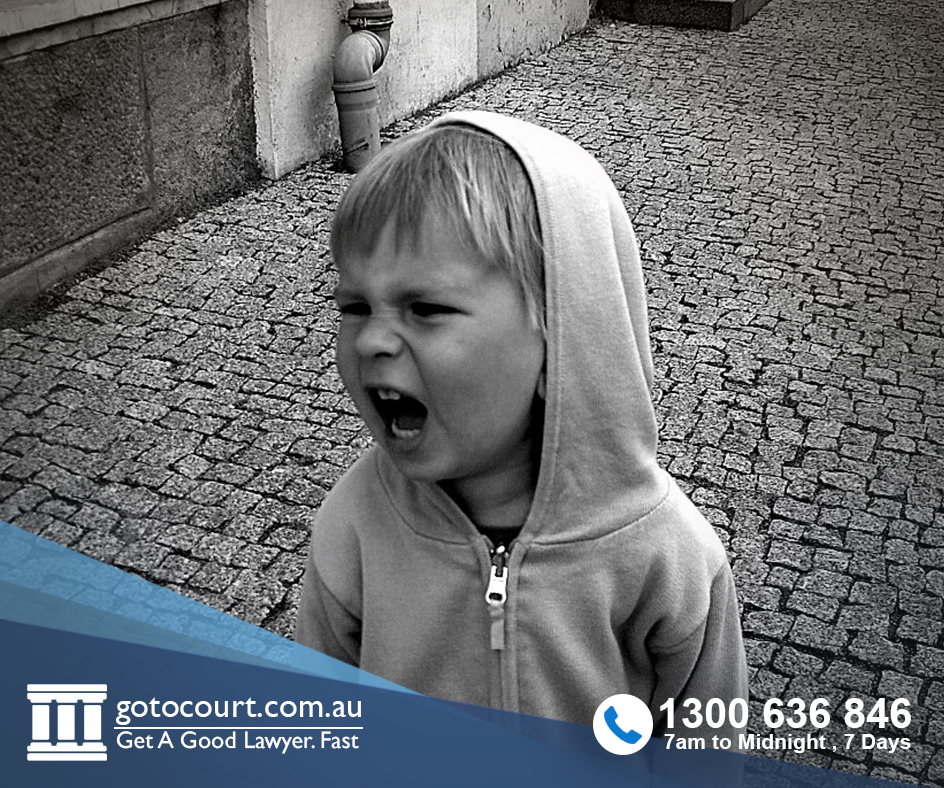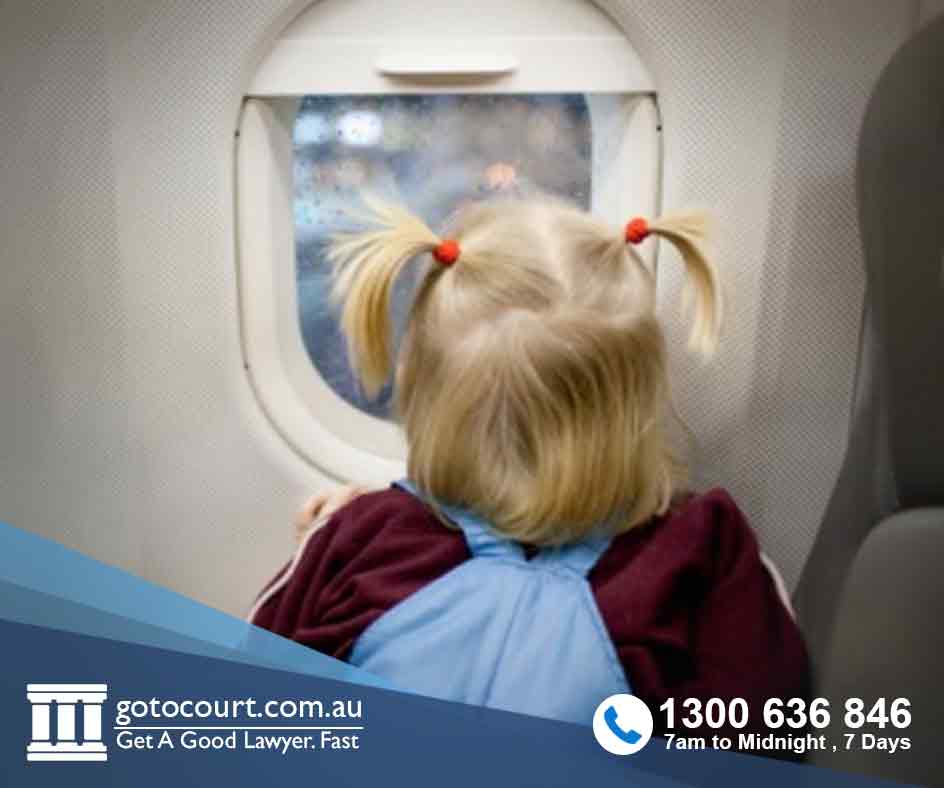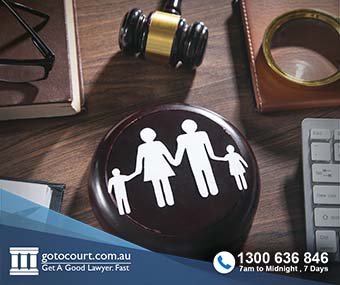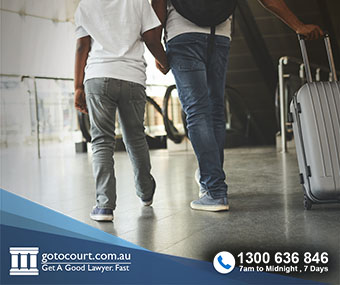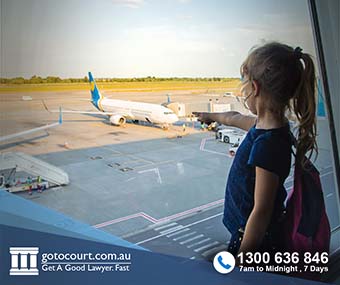Sole ‘Custody’ of Children in Australia
Sole ‘Custody’ of Children in Australia
What is often referred to as ‘custody’ of children is known as ‘parental responsibility’ under the Australian family law system. In the past, there was a presumption that parental responsibility should be held equally by the two parents of a child. However, this presumption will cease to exist on 6 May 2024. This page outlines what parental responsibility entails and the changes to parental responsibility under the Family Law Act 1975 that will come into effect during 2024.
What is parental responsibility?
Section 61B of the Family Law Act 1975 defines parental responsibility as “all the duties, powers, responsibilities and authority which, by law, parents have in relation to children.”
The legal duties and powers of parents include:
• making decisions as to a child’s upbringing, religion, and education;
• taking any reasonable disciplinary measures in relation to a child;
• consenting to a child being adopted;
• applying for a passport or visa for a child;
• instituting legal proceedings on behalf of a child.
It is important to note that the person who has parental responsibility under a parenting order is not necessarily the person who the child lives with. The matters of who a child lives with and spends time with are considered separately from the question of who has parental responsibility.
Equal shared parental responsibility
Up until 2024, there was a legal presumption that parental responsibility should be shared equally between a child’s parents. This meant that when making a parenting order, the court was required to apply a presumption that shared responsibility was in the best interests of the child. From 6 May 2024, this presumption will no longer exist.
Instead, courts will make orders for parental responsibility based on what is in the best interests of the child. This may include an order for equal shared parental responsibility. Alternately, it may include an order for one parent to have sole parental responsibility.
Seeking Parenting Orders
Where a separating couple cannot agree on how to parent their children, they may consider applying to the Federal Circuit and Family Court of Australia (FCFCA) for parenting orders.
An application for parenting orders will generally only be accepted after the parties have attended a Family Dispute Resolution Conference at which a mediator will attempt to bring the parties to an agreement. If an agreement is reached at mediation, this can be submitted to the court as a ‘consent order’, which becomes legally binding. If no agreement is reached at mediation, parenting proceedings can be commenced. The court will make the orders that it considers are in the best interests of the children.
Best interests of the child
Section 60CC of the Family Law Act 1975 provides extensive directions to the court regarding what matters should be considered when determining what is in a child’s best interests. These matters include the views of the child, the arrangements that best promote the safety of the child and the capacity of each parent to provide for the child’s needs.
Sole Parental Responsibility
A person who applies for parenting orders may seek an order for sole parental responsibility. The court will make this order only if it is in the best interests of the child.
An order for sole parental responsibility may provide one parent with responsibility for making all the serious long-term decisions about the child. This would mean that that parent could make decisions about matters such as the child’s education, medical treatment, and overseas travel without consulting the other parent.
Alternatively, an order could give sole parental responsibility to one person with respect to certain matters only. For example, one parent could be responsible for making all decision relating to the child’s education, but both parents could share parental responsibility for other matters.
Orders for the sole care of children
A person who applies for parenting orders may also seek an order that the child lives with them only. This application would need to be supported by evidence that living with one parent only is in the best interests of the child.
When a court make an order that a child live with one parent only, it will often make an order that the child spend time with the other parent on a regular basis. This time may be ordered to be spent under the supervision of a third person if this is appropriate.
Parenting orders may be made on an interim basis or on a final basis. Parenting orders may be altered upon a later application to the court. However, orders that were made on a final basis will only be varied if there has been a significant change of circumstances since they were made.
Family violence
Under section 60CC of the Family Law Act 1975, when the court is considering what is in the children’s best interests, it must give consideration to any history of family violence, abuse or neglect that exists and to any family violence orders that are in force.
A parent who is concerned that their children’s safety may be under threat when in the company of the other parent under a parenting order that is already in place should immediately apply to the court to vary the Parenting Order.
If you require legal advice or representation in any legal matter, please contact Go To Court Lawyers.

Affordable Lawyers
Our Go To Court Lawyers will assist you in all areas of law. We specialise in providing legal advice urgently – at the time when you need it most. If you need a lawyer right now, today, we can help you – no matter where you are in Australia.How It Works




1. You speak directly to a lawyer
When you call the Go To Court Legal Hotline, you will be connected directly to a lawyer, every time.

2. Get your legal situation assessed
We determine the best way forward in your legal matter, free of charge. If you want to go ahead and book a face-to-face appointment, we will connect you with a specialist in your local area.

3. We arrange everything as needed
If you want to go ahead and book a fact-to-face appointment, we will connect you with a specialist in your local area no matter where you are and even at very short notice.

